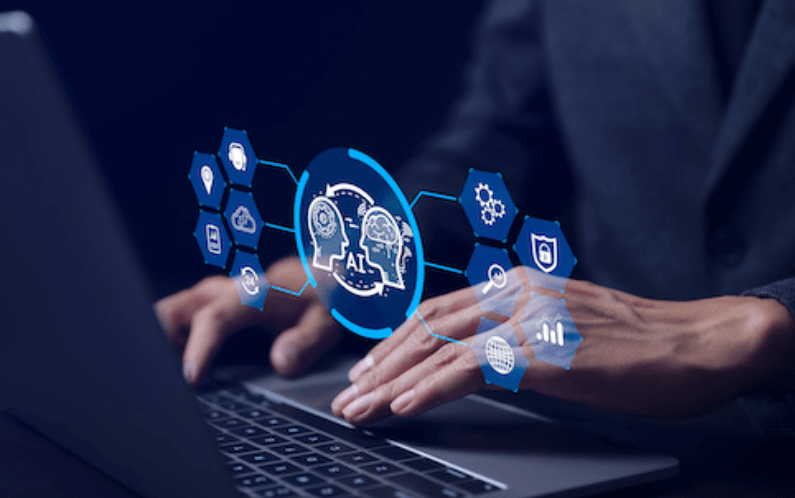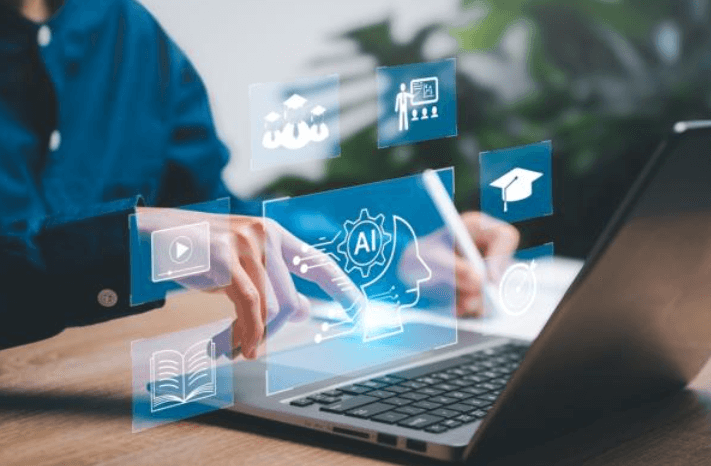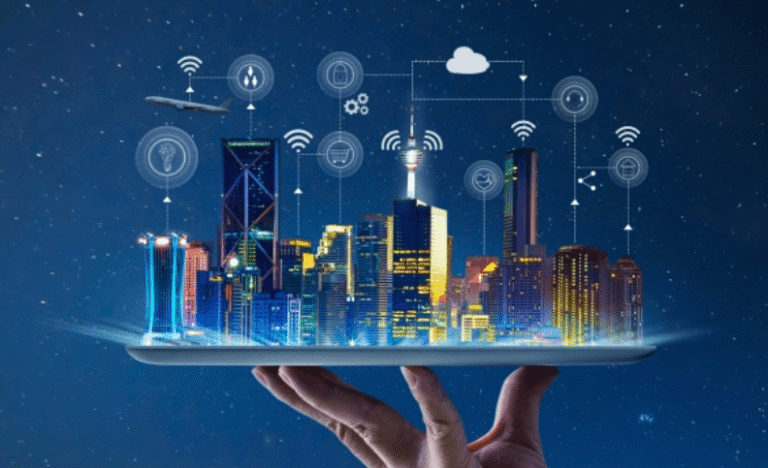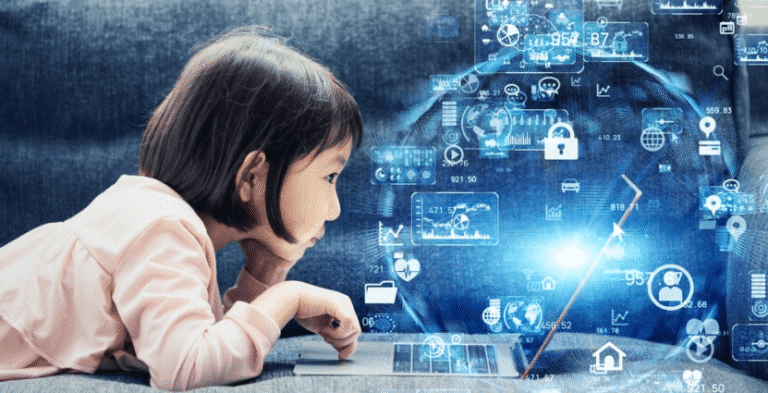How Technology Is Revolutionizing the Education Sector

Technology is reshaping the education sector in profound ways. Artificial intelligence personalizes learning experiences, adapting to each student’s unique needs. Meanwhile, augmented and virtual reality create immersive environments that captivate and enhance comprehension. Online resources and e-learning platforms break down geographical barriers, offering unprecedented access to knowledge. As these innovations unfold, they challenge traditional educational norms and create a more inclusive landscape. What implications do these changes hold for the future of learning?
The Role of Artificial Intelligence in Personalized Learning
As educational environments evolve, the integration of artificial intelligence (AI) into personalized learning emerges as a transformative force that tailors educational experiences to individual student needs.
Through adaptive algorithms and data analytics, AI can assess unique learning styles, thereby enabling customized content delivery.
This dynamic approach fosters autonomy in learners, empowering them to explore knowledge at their own pace and enhancing educational freedom.
See also: How Technology Is Making Education More Accessible Worldwide
Enhancing Engagement Through Augmented and Virtual Reality
While traditional teaching methods often struggle to captivate the diverse interests of students, augmented reality (AR) and virtual reality (VR) offer innovative solutions that can significantly enhance engagement in educational settings.
These technologies provide immersive experiences and interactive simulations, allowing learners to explore complex concepts and environments.
The Impact of Online Resources and E-Learning Platforms
The integration of online resources and e-learning platforms has revolutionized the educational landscape, complementing immersive technologies like AR and VR.
With enhanced online accessibility, learners can access a wealth of interactive content tailored to their individual needs.
This democratization of education empowers students, fostering autonomy and engagement while breaking geographical barriers, ultimately creating a more inclusive and versatile learning environment.
Conclusion
In a world where knowledge blooms like a vibrant garden, technology emerges as the sun, illuminating personalized paths for every learner. Artificial intelligence crafts unique educational journeys, while augmented and virtual reality transport students into realms of immersive discovery. Online resources weave a tapestry of opportunity, connecting hearts and minds across distant horizons. As these innovations intertwine, they cultivate a rich landscape of learning, nurturing curiosity and empowerment, and ultimately redefining the essence of education in the 21st century.



